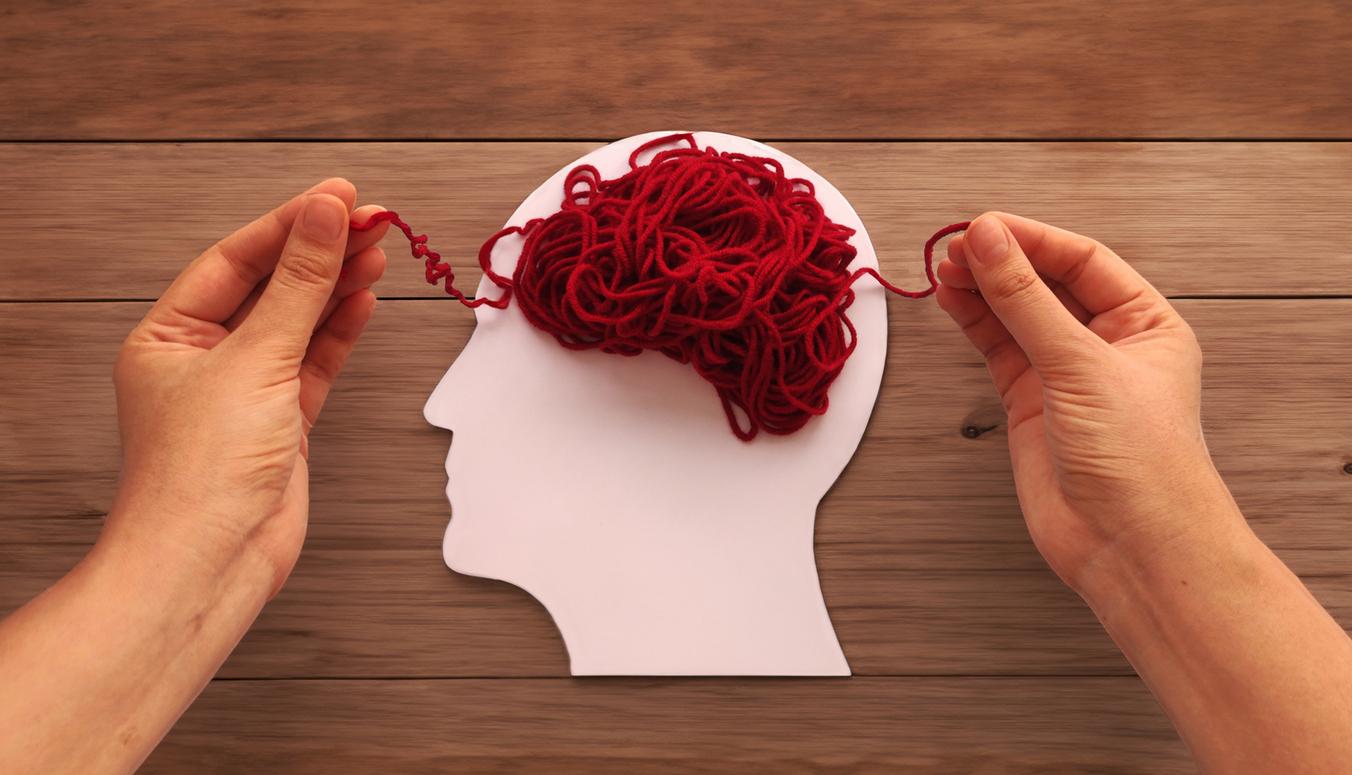INTERVIEW – Nicolas Glaichenhaus, immunologist, has developed a computer program capable of predicting the response to antipsychotics in schizophrenic patients.

While schizophrenia was first described over a century ago, it remains one of the most mysterious psychiatric illnesses. Visual or auditory hallucinations, delusions, illogical reasoning… Almost 600,000 French people suffer from this major psychological handicap for which there are still few effective therapeutic solutions.
Today, nearly two-thirds of patients with this complex disease either do not respond to treatment or suffer from side effects. Therefore, promoting the development of diagnostic and therapeutic innovations is a major avenue for research in psychiatry. An estate that has just been honored by the Marcel Dassault Prize. For his 5th edition, the international jury rewarded the work of Nicolas Glaichenhaus, professor of immunology at Sophia Antipolis University in Nice. With his team, he is developing a mathematical algorithm that will make it possible to choose the best treatment for schizophrenic patients from a simple blood test. A first step towards personalized medicine in psychiatry. Meet.
What is the link between the immune system and schizophrenia?
Nicolas Glaichenhaus: It is true that the link can surprise. In fact, he’s been a suspect for 20 years. Doctors have observed in particular that children born to women infected with the influenza virus during their pregnancy are at greater risk than others of developing schizophrenia.
We have also realized that in the blood of schizophrenic, depressive or bipolar patients, the concentrations of cytokines – substances produced by the immune system and which allow them to communicate with each other and organize their actions against bacteria and viruses -, were different from people without these diseases.
At that time, we all thought it was a combination, but we realized that there was a cause and effect relationship when cytokines were injected into cancer patients. These molecules have been used to boost the immune system so that it is able to fight tumors. And it worked pretty well, but the doctors observed huge side effects: the patients fell into terrible depressive states and hallucinations. These observations made in real life have shown us that cytokines can directly influence behavior and lead to the disorders seen in psychiatric illnesses.
Nicolas Glaichenhaus, professor of immunology at the University of Sophia Antipolis (Nice): ” Unlike other areas of medicine, there are no biomarkers in psychiatry … “
Where did your idea of using cytokines to develop a diagnostic and prognostic test in schizophrenia come from?
Nicolas Glaichenhaus: Our idea was stupid. We thought that by measuring the cytokines in the blood of patients, we could help doctors make their diagnosis or guide them in the choice of treatment for patients. Because today, psychiatrists have several antipsychotics at their disposal, but these drugs only work in a third of patients.
But they can’t predict how well drugs will work. They are therefore forced to prescribe them to patients and wait to see if their condition improves. In the event that the treatment is inadequate, the patient’s condition deteriorates, which can lead to him being dangerous to himself or to others. It is therefore very important to choose the right treatment for the right person right from the start.
To achieve this, we have developed a mathematical prediction algorithm. For this, we studied 332 psychotic patients, to whom we gave the same drug and took blood samples before and after the treatment. And based on this early data, we can tell whether a patient will respond to the first-line antipsychotic based on their pre-treatment cytokine concentration. But today, these are only preliminary results.
Thanks to this prize, you will be able to continue your project?
Nicolas Glaichenhaus: Our results are encouraging, but there is still a long way to go. Today, our prediction algorithm is 75% reliable, which is still insufficient to be used in everyday life. We must therefore assay more cytokines, improve our mathematical methods and validate our algorithm on prospective cohorts of patients. It is also very important that our work is confirmed by other teams on independent cohorts in other countries. It will only be after this step that we will know that our test can be used.
We also hope to be able to develop algorithms allowing doctors to differentiate a depressed patient from a patient with bipolar disorder which manifests itself in episodes of depression but also mania. A similar approach could also help psychiatrists identify patients with schizophrenia and those with schizoaffective disorders (hallucinations accompanied by mood disorder).
.















